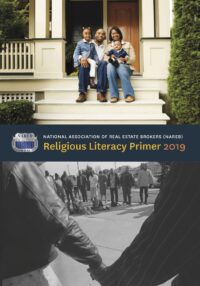To be interdenominational, a church or organization subscribes to no particular Christian denomination, but incorporates religious rituals and expressions stemming from several denominations. This is similar to being nondenominational, and some use the terms interchangeably, though there is a subtle difference. Nondenominational churches are not affiliated with any Christian denomination, whereas interdenominational churches seek to include strengths of several denominations.
Declaring themselves interdenominational, some churches, mission organizations or parachurch ministries desire to embrace people from many branches of Christianity, while others want to avoid oversight by a denominational hierarchy. Some people have a negative view of institutional religion and traditional denominations. Interdenominational churches want to welcome these people, who may not attend a church with an institutional affiliation.
Most interdenominational churches are independent and govern themselves internally rather than through a denominational hierarchy of accountability. Leaders of interdenominational churches prize the freedom to seek and follow the Holy Spirit apart from the oversight of an organization. They embrace the ability to act in the interest of their congregation and avoid issues that may cause arguments and division. However, critics point out that such churches can be led astray from orthodox Christianity without external oversight and authority. An additional critique of interdenominational churches is that they offer a weakened or watered-down Gospel in an effort to attract a wide array of people or to avoid offending anyone, regardless of their beliefs.
These churches can also suffer during difficult times, with no financial and organizational support from a larger denomination. Denominational leadership provides checks and balances, big-picture direction, and leadership assistance, if needed. Interdenominational churches often have a shallow pool of preachers and elders. An interdenominational church can sometimes rely on a strong pastor so heavily that the congregation will fold if the pastor leaves or dies.
